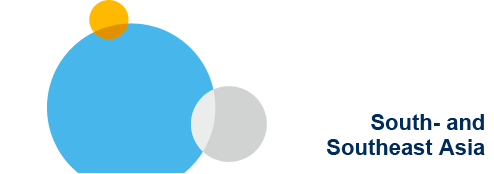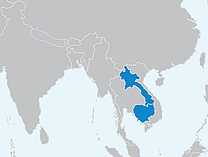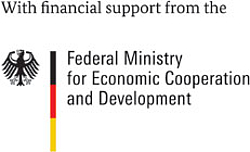After a long process of negotiation since the 2012 Conference for Sustainable Development – Rio +20, the Outcome Document for the upcoming UN Summit to adopt the post-2015 development agenda, was agreed by consensus at UN headquarters in New York on August 1st, 2015.
This final text, titled Transforming Our World: The 2030 Agenda for Sustainable Development, presents a political declaration and a set of 17 Sustainable Development Goals (SDGs) and 169 targets in the search to overcome poverty and for a sustainable future for all mankind. As opposed to the Millennium Development Goals, the former international development framework, the SDGs were built in an open debate with the participation of not only UN agencies and governments, but also civil society and other stakeholders.
ICAE has been participating actively in the process, especially through initial negotiations of the Open Working Group for the SDGs, and the parallel Education for All debates, pushing for the human right to education within a lifelong learning perspective, and the recognition of youth and adult education in the agenda. We are pleased to see that our efforts and the global education community’s work are reflected in the agenda, remarkably in Goal 4: “Ensure inclusive and equitable quality education and promote lifelong learning opportunities for all”.
However we are deeply disappointed and concerned by the last minute weakening of targets 4.4 and 4.6 on youth and adult literacy and education, stating that governments’ commitment by 2030 is only to “substantially increase” the number of youth and adults who have relevant skills, including technical and vocational skills, for employment, decent jobs and entrepreneurship; and to ensure that all youth, but again only a “substantial proportion of adults” achieve literacy and numeracy. This comes as a surprise, not only because these targets weren’t openly discussed in the last two rounds of governmental negotiations, but also considering the outcome document of the recent World Education Forum in Incheon, Korea in May 2015. In the Incheon Declaration world governments committed “to promoting quality lifelong learning opportunities for all, in all settings and at all levels of education”, and further committed “to ensuring that all youth and adults, especially girls and women, achieve relevant and recognized functional literacy and numeracy proficiency levels and acquire life skills, and that they are provided with adult learning, education and training opportunities”. Unfortunately, the Addis Ababa Financing for Development conference failed to agree resourcing for adult literacy or wider adult education.
Adult literacy, skills for life and work and the promotion of lifelong learning opportunities are integral to the SDG 4 as it has been agreed. Moreover, there is wide recognition of the key role of youth and adult education to the achievement of all Sustainable Development Goals. However, over the past two decades, youth and adult literacy rates haven’t increased as expected. Still, 781 million adults and 126 million youth worldwide lacked basic reading and writing skills in 2012, with women accounting for more than 60 per cent of both the illiterate adult and youth populations. This shouldn’t remain as an educational deficit among the adult population for the next 15 years and the generations to come. Therefore, we need to redouble our efforts so that the next sustainable development and education frameworks uphold the full exercise of the human right to education for all youth and adults.
Moving forward, we have ahead the implementation of the Sustainable Development Goals, in which fundamental responsibility relies on governments, and coherence with previous commitments is essential. We also have ahead the adoption of the Incheon Framework for Action, which should respect the holistic, ambitious and aspirational vision of the Education 2030 agenda, and its wording should maintain the commitment to ensure that all youth and adults achieve relevant and recognized literacy and numeracy and acquire the skills that enables them to lead healthy and fulfilled lives.
We call on our government(s) that after the adoption of the 2030 Sustainable Agenda they establish legal and policy frameworks that truly ‘leave no one behind’, and to uphold the full exercise of the human right to education for all, children, youth and adults. Without significant investment, by national governments and development partners alike, and backed by appropriate monitoring and accountability, even the modest educational targets for adults will not be achieved, with the result that ‘hundreds of millions will be left behind.’





